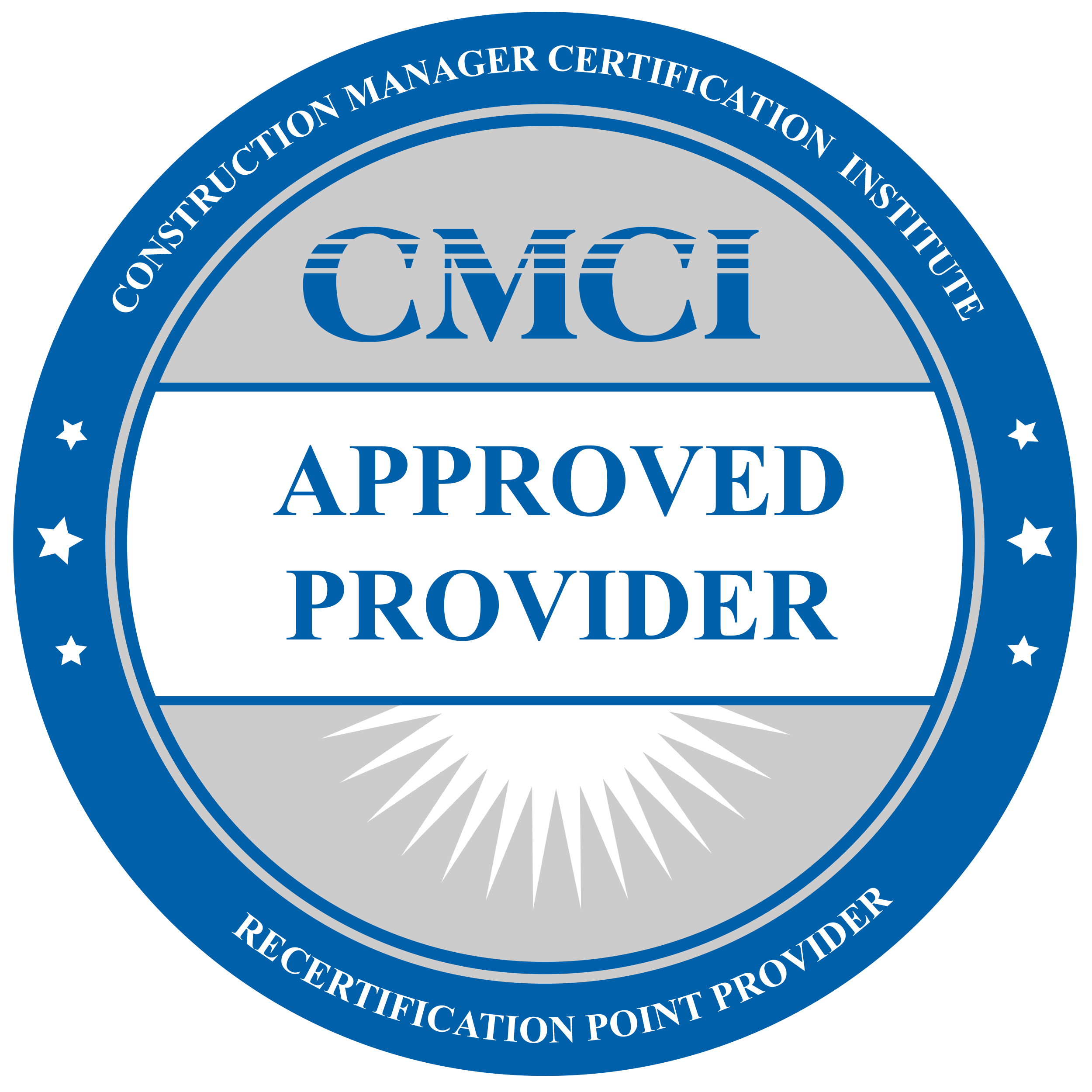
As a project leader, you know first hand the importance of proper scope definition. Industry research shows that projects with intensive front end planning and well-defined scope perform markedly better in terms of cost, schedule, change orders, and delivery against operational business objectives.
This course offers participants the opportunity to learn how to apply the principles of front end planning using the Construction Industry Institute’s (CII) front end planning phase-gate process. Each phase in the front end planning process is explained along with the key objectives, inputs, specific tasks, and deliverables.
Built around an interactive case study, this course offers participants a practical opportunity to apply the principles of front end planning. Participants will work collaboratively in small groups to conduct analyses at each phase of front end planning for the project. The course concludes with each group presenting their recommendation (and rationale) on whether the project should be authorized to proceed to detailed design.
Learning Objectives
- Understand the definition, objectives, and principles of front end planning.
- Identify the key activities that occur during each phase during each phase of front end planning.
- Understand the inputs into each phase-gate decision point.
- Recognize the three phases and gates of the front end planning process. recommended by the Construction Industry Institute (CII).
- Apply front end planning tools and techniques including the Project Definition. Rating Index (PDRI) and the Alignment Thermometer.
| Duration |
Two half-day sessions |
Delivery |
Virtual, Instructor-Led |
| Credits |
7 Professional Development Hours (PDH) |
Group Size |
15 |
| Focus |
Apply the Construction Industry Institute’s phase-gate process to improve project performance through effective scope definition and planning. |
| Who Should Attend? |
Program Managers, Project Managers, Engineers and Planners, Design Managers, Designers, Construction Managers, Technical Managers, Project Estimators and Schedulers Business Unit Leaders, Site Supervisors, Project Finance Personnel, Operations leaders, Contract Administrators, Maintenance Managers, Risk Specialists, Procurement Professionals, Materials Supervisors, Quality Specialists, Legal, Project Controls Analysts, Information Commercial Managers, Cost Engineers, Quantity Surveyors, Health & Safety professionals, and others. |
| Related Courses and Certification |
Certified PDRI Facilitator Program
VAL 223: Facilitation Skills & Techniques for Capital Projects Workshop
|








